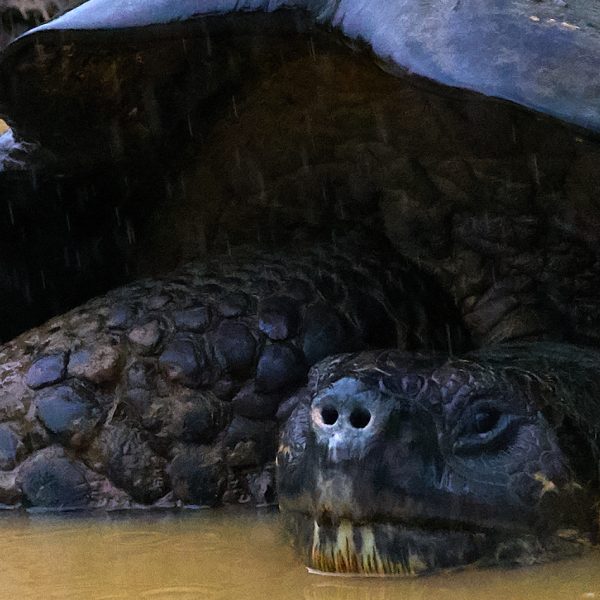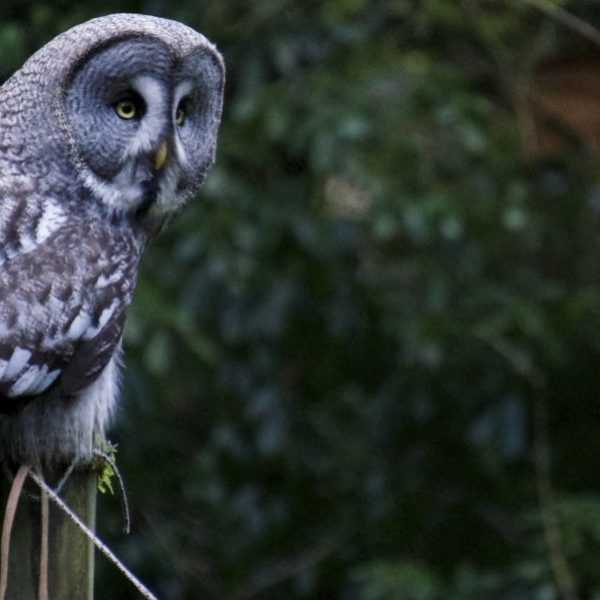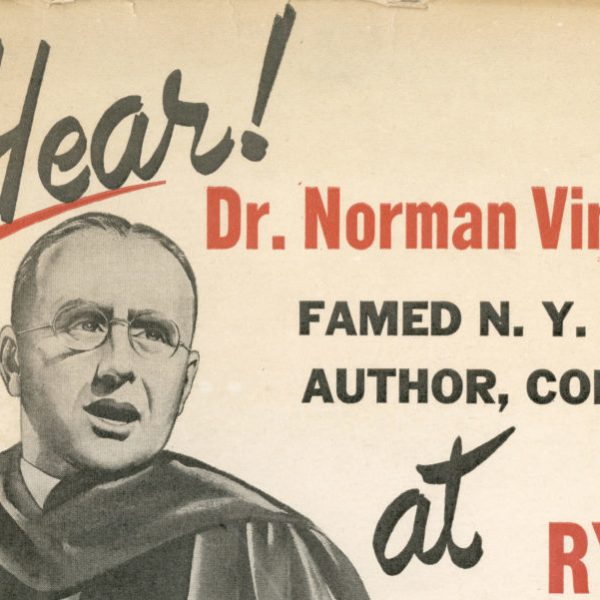Christopher Lane on Christian Darwinism

Christopher Lane
Christopher Lane, Professor of English at Northwestern University and author of The Age of Doubt: Tracing the Roots of Our Religious Uncertainty writes on the misperception that Christianity and Darwinism are and have always been incompatible. His new book traces the thought of the Victorian age through scientific, literary, and intellectual icons who saw doubt, amidst rapid advances in science and changes in critical thinking, as a vital part of their religious and secular beliefs.
Christopher Lane—
In 2007, pollsters at Gallup found that “more Americans accept the theory of creationism than evolution.” That finding suggested the influence of several factors, the agency explained, including how closely beliefs about evolution correlate with religious behavior. Gallup also established that “the majority of Republicans doubt the theory of evolution,” a troubling finding to those who believe science should be independent of religious belief and political philosophy.
When Gallup revisited this issue last December, slightly fewer Americans (four in ten) believed in strict Creationism—the premise that the planet is less than ten thousand years old and that Homo sapiens derives from a single human pair. The number of Americans who think humans have developed over millions of years, without God’s involvement, correspondingly had risen to 16 percent (from a low of 9 percent in 2000). For many Americans, however, the assumption persists that Darwinism and Christianity are irreconcilable, and that creationism is the only option for the devout. To them, it may come as a surprise that Christians have embraced evolution for almost as long as the concept has been known and defined.
 For many devout Americans and Britons living in the second half of the nineteenth century, religion and evolutionary theory were in fact compatible. Natural selection was one of the ways that God worked, the Christian Darwinist Aubrey L. Moore argued forcefully in his 1889 collection Science and the Faith. “Panic fear of new theories” such as Darwin’s was therefore “as unreasonable as the attempt to base the eternal truth of religion on what may eventually prove to be a transient phase of scientific belief.”
For many devout Americans and Britons living in the second half of the nineteenth century, religion and evolutionary theory were in fact compatible. Natural selection was one of the ways that God worked, the Christian Darwinist Aubrey L. Moore argued forcefully in his 1889 collection Science and the Faith. “Panic fear of new theories” such as Darwin’s was therefore “as unreasonable as the attempt to base the eternal truth of religion on what may eventually prove to be a transient phase of scientific belief.”
The theory of evolution has been refined and sharpened since Darwin’s age, but it continues to hold up well. And today’s Christians who think they must reject evolution to maintain their faith have accepted a false, even unnecessary, distinction, according to the Christian Darwinists of the nineteenth century.
Moore was hardly a minor player in England’s many public debates about the truth or poetry of Genesis. He was chaplain, canon, and tutor at Oxford University, then the epicenter of roiling ecclesiastical debate that had lasted more than six decades. It was at Oxford, for instance, that John Henry Newman, the man the Vatican is now proposing for sainthood, argued that England needed to undergo a Second Reformation. At Oxford, too, its bishop famously debated and ridiculed Thomas H. Huxley, the biologist who defended Darwin and his argument about evolution before coining the word agnostic, a term the two scientists would independently apply to themselves regarding matters of faith and the existence of God.
Two years ago, when the Yale Divinity School Library held an exhibition on transatlantic Christian responses to Darwin, the curators called Moore “the clergyman who more than any other man was responsible for breaking down the antagonisms toward evolution then widely felt in the English Church.” The description was entirely accurate, but the reforms were hardly limited to England.
On this side of the Atlantic, the exhibition also stressed, key thinkers such as Harvard botanist Asa Gray, an Evangelical Calvinist, aimed to reconcile Christians to evolution. Gray was a lifelong friend of Darwin’s who arranged the U.S. publication of his famous treatise On the Origin of Species by Means of Natural Selection, to the point of negotiating for royalties on its author’s behalf. Gray’s methods included open debate and a willingness to consider arguments that he viewed as perfectly compatible with religious belief. As early as 1874, he argued that “the attitude of theologians toward doctrines of evolution, from the nebular hypothesis down to ‘Darwinism,’ is no less worthy of consideration, and hardly less diverse, than that of naturalists.” He outlined his lengthy explanations in the collection Darwiniana: Essays and Reviews Pertaining to Darwinism. Darwinism is frequently compared to atheism, he noted, “yet its founder [was] a Theist.”
Moore and Gray were not misreading Darwin. Throughout On the Origin of Species, Darwin refers consistently to “creation” without mentioning “evolution.” He had once considered training for the priesthood and suffered intense personal anguish contemplating the possibility of creation without God. Many of his personal and intellectual struggles are well-known, in part from the candor of his Autobiography. In Darwin’s case, despite great reluctance, his breakthrough ultimately came at the expense of his religious faith. What is less well-known is that some of his Christian readers found it easier to reconcile natural selection with theology by making God the one who sanctions evolution.
Because today’s adherents to Creationism often see themselves as fierce defenders of a faith that Darwinism allegedly ruled out, even put under attack, it is worth revisiting the arguments that flourished more than 150 years ago, when Victorians on both sides of the Atlantic came as close as they ever would to publicly debating their beliefs. They had more answers than we have realized, including the tenet that Darwinism and Christianity are not implacable enemies. It should be possible for Christians to embrace science, Moore and other Christian Darwinists argued eloquently, without its followers assuming that religion and science are mutually exclusive, with nothing to say to each other.
Christopher Lane is the Pearce Miller Research Professor of Literature at Northwestern University and a recent Guggenheim fellow. His work has appeared in the New York Times, Washington Post, Boston Globe, Los Angeles Times, Slate, and many other newspapers and periodicals. He is the author of numerous essays and several books on literature, belief, and psychology, including Shyness, and writes the “Side Effects” blog for Psychology Today.



